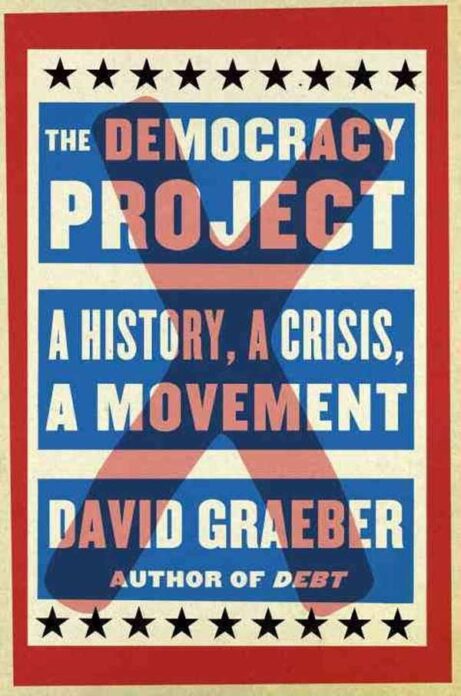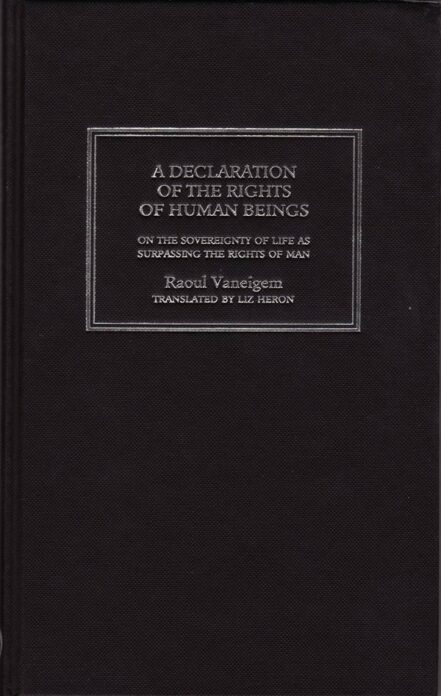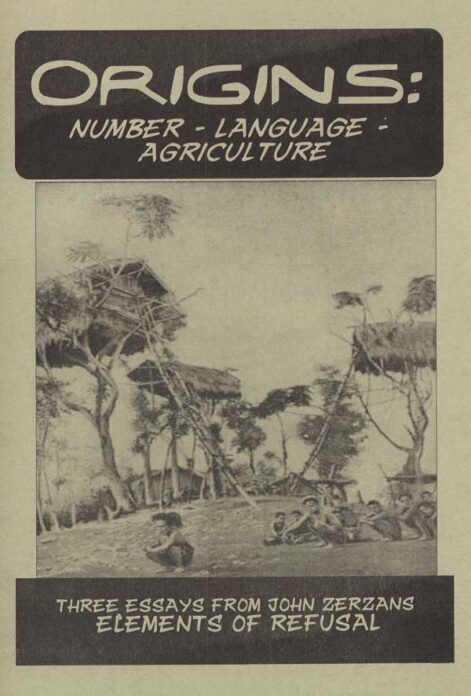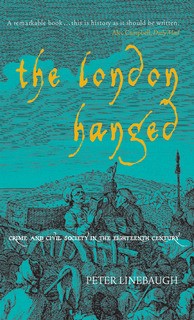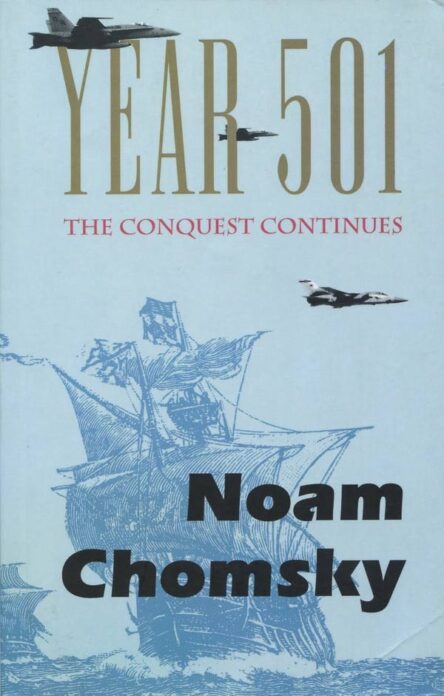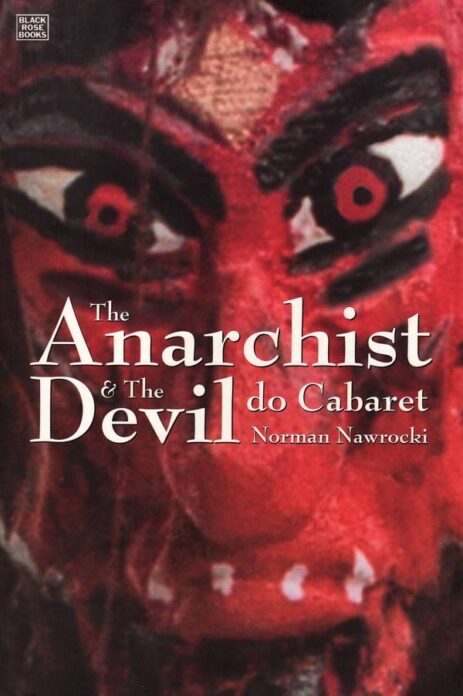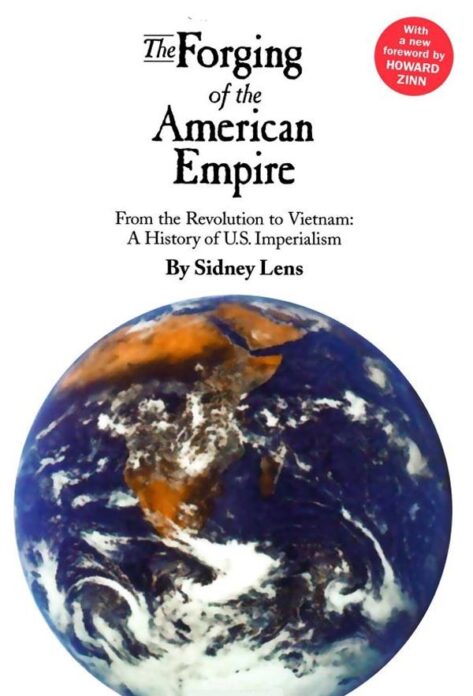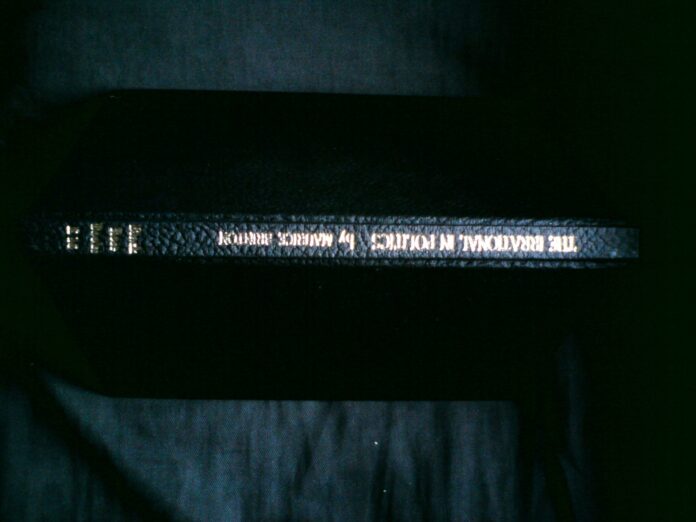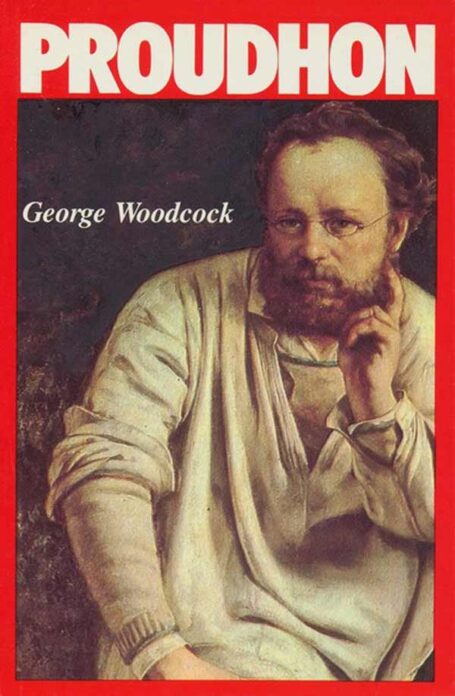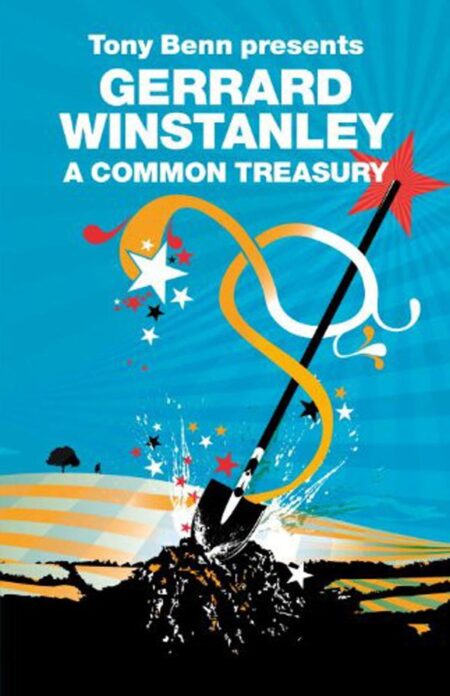The Expo Files by Stieg Larsson
£3.50
Aticles by the crusading anti fascist journalist who wrote The Millenium Trilogy.
Description
From The Guardian
With the rise of populist parties across Europe, and one gaining traction in Hungary, Stieg Larsson’s anxieties as a journalist seem more pressing than ever. This is no cynical exercise, a gathering of Larsson’s journalism in order to milk the cash cow of The Girl with the Dragon Tattoo and the other two books in the Millienium trilogy. Rather, the selection is both a memorial to a dead friend and colleague’s passions, and a political opportunity, its aim being to inform readers and, to quote Tariq Ali’s introduction, “even push them in the direction of political activism”. Certainly Larsson’s admirers will find much of the ardour that animates his crime novels – in particular, in a long piece on “Swedish and Un-Swedish Violence Towards Women”, which makes clear his disgust at sexist oppression.
Reading these essays, you start to recognise in the Millennium trilogy a leftwing response to The Turner Diaries, the 1978 novel written by William Luther Pierce, the former leader of the white nationalist organisation National Alliance, which imagined a revolution in the US, and a race war resulting in the extermination of all Jews and non-white people. The Girl with the Dragon Tattoo thus becomes a political vision reimagined as a thriller. Yet his own books’ success would probably not have reassured him; he was convinced the threat from neo-nazism was real, and determined of the need to combat it with anti-racist protest.
Inevitably perhaps I found myself comparing him with George Orwell, and quickly realising that the comparison was unfair. Even Orwell’s most ephemeral pieces summon up an authorial presence and possess a literary subtlety that Larsson was not even attempting to emulate. Rather these are practical, lucid, well-researched articles intended to educate the reader, and little more. And they are valuable pieces that merit attention. The book’s title evokes Mulder and Scully and “the truth that’s out there”, but mercifully Larsson shows little interest in conspiracy theories – in fact, belief in them appears part of the anti-democratic, rightwing culture that he loathes. Instead there is admirably clear journalism, the patient accumulation of devastating facts.
Righteous rage impels Larsson, not a sense of the ludicrous. Yet I can never think of Oswald Mosley or Nick Griffin, without simultaneously picturing PG Wodehouse’s Roderick Spode and the Black Shorts. The pagan pomposity of Larsson’s thugs, their Wagnerian self-importance, their magazines called Valhalla and White Rebel or their racist music company named “Ragnarcock Records”, are surely both contemptible and comic. This book represents the evidence of a life committed to an act of exemplary vigilance, offering an intriguing and necessary insight into a subculture that many would rather ignore.
The neo-Nazis, fascists and racists themselves remain uncharacterised – names and no more. Perhaps Larsson felt that they did not warrant rounding-out. More oddly, he shows scant interest as to why all these rightwingers and anti-immigrationists believe what they do. Maybe their views do not deserve close scrutiny, yet, in reading, it seems almost a lack of interest in understanding the enemy. Again it’s hard not to compare him with Orwell, who comprehended the appeal of fascism, while despising it.
An unanswered question hangs over Larsson’s writings here: what does a democratic society do with those who espouse the destruction of democracy? To fight back with other than stringently legal methods entails adopting the enemy’s undemocratic stance, and so legitimates the fascists’ vision. However, to do nothing is equally dangerous, showing weakness or even complicity. In the end, I suppose that populism will only be defeated in Larsson’s way, through patient argument and watchfulness.
The book ends with a travel essay on taking the Trans-Siberian railway from Moscow to China. After all the neo-Nazis, the violence against homosexuals, and the patriarchal killings, this last piece comes as a relief. The eye lifts from the murders, the beatings, the dizzying splits and mergers in populist parties, and gladly takes in the pine-forests, the train-carriage love-affairs, even the ropey toilet facilities. Almost for the first time in the book, we feel in Larsson’s company and not that of the idiots he bravely devoted his life to exposing. In these last pages, we feel not just his justified – and important – anger, but his spirited amiability. We understand better why his friends miss him so, and why they sought to make this book.
Additional information
| Weight | 0.240000 kg |
|---|


